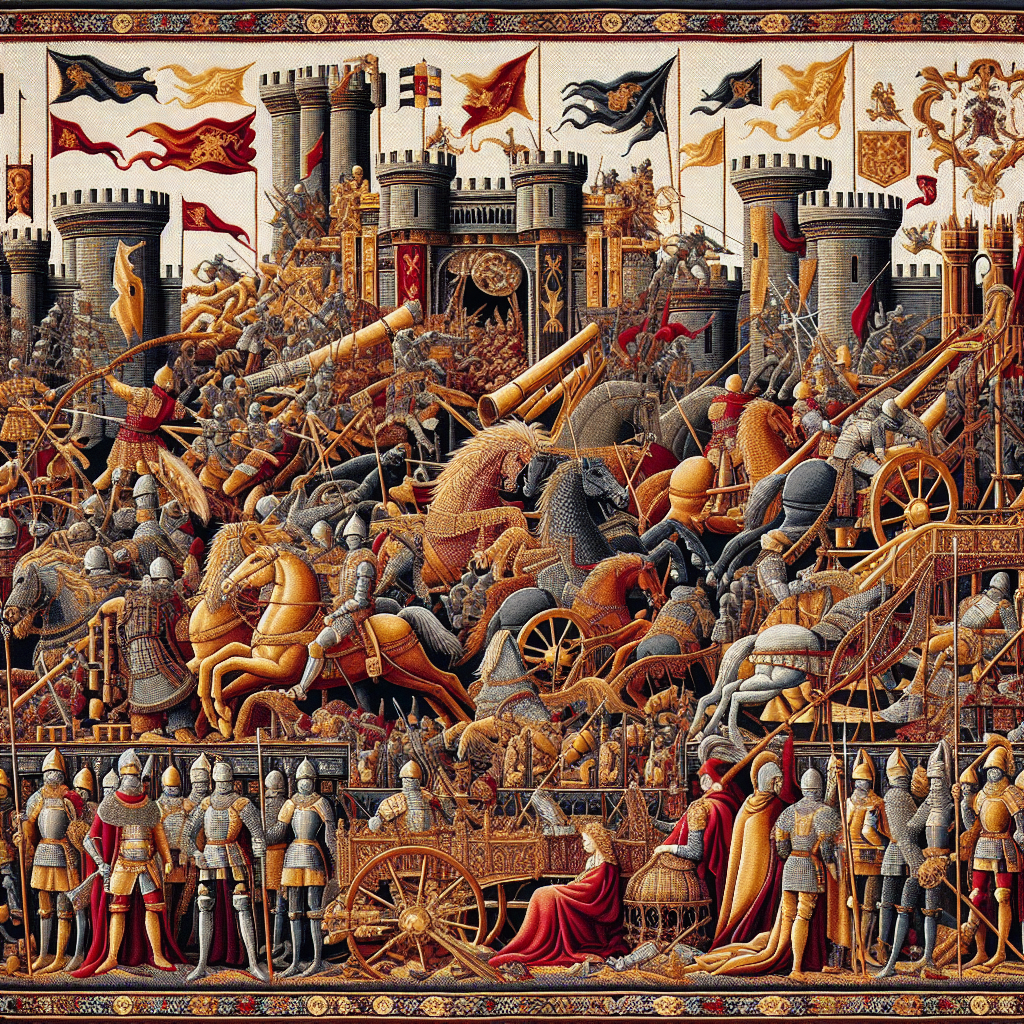The Complex Tapestry of War: Beyond Generals and Tactics
War, in the popular narrative, often gets boiled down to the genius of commanders and the audacity of their strategies. Yet, as history unfurls its intricate layers, it becomes glaringly clear that the outcome of conflicts, particularly something as colossal as World War II, is a web woven from far more diverse threads than the tactical maneuvers on the battlefield. This analysis dives into the multifaceted ingredients that have shaped the course of wars, inspired by insights from a thought-provoking discussion on the matter.
The Seductive Lure of Success: A Tale of Two Leaders
Initially, Adolf Hitler appeared as a figure of remarkable strategic acumen. His early conquests – the seamless annexation of Austria and Czechoslovakia – were masterstrokes of political and military strategy that could have cemented his legacy as a unifier of the German people, had he chosen to stop there. However, seduced by the intoxicating success of his "Blitzkrieg" tactics, he plunged deeper into the abyss of ambition, ultimately leading to catastrophic overreach. This phenomenon serves as a testament to the hubris that often accompanies unchecked success on the battlefield.
Conversely, the Allies' leadership, often exalted in historical narratives for their military brilliance, owed as much to the collective efforts beyond the war rooms as to their own strategic ingenuity. The role of codebreakers, industrial magnates, scientists, and the indefatigable spirit of the citizenry underscores the fact that the success of generals was but a single thread in the broader tapestry of victory.
The Unsung Heroes of War
The breaking of codes, a feat achieved through the combined efforts of British intelligence, Polish mathematicians, and others, was a cornerstone upon which the Allies' success rested. The tale of the Enigma machine and the decryption of Axis communications is a stark reminder of the role of intelligence and counterintelligence in shaping war outcomes.
Similarly, the contribution of industrial powerhouses cannot be overstated. Henry Ford's transformation of automobile production lines into tank-building factories and the rapid construction of Liberty ships are exemplary instances of how industrial might was mobilized for war. These efforts underscore the critical role of production capacity and logistical efficiency in sustaining military campaigns.
[Highly relevant background information on the Enigma machine and codebreaking efforts]
(https://www.nationalww2museum.org/war/articles/enigma-machine)
Beyond Bullets and Bombs: The Role of Science
The Manhattan Project, a monumental scientific endeavor that led to the development of the atomic bomb, illustrates the profound impact of science and technology on warfare. The collaboration among scientists of diverse nationalities underlines the global nature of the effort. This venture not only altered the course of the war but also marked a paradigm shift in military strategy, highlighting the increasing significance of technological supremacy.
[More on the Manhattan Project and its global impact]
(https://www.atomicheritage.org/history/manhattan-project)
Unity in Purpose: The Societal Fabric of War Efforts
The mobilization of the American and British public during World War II exemplifies the societal pillar of successful military campaigns. War bonds, rationing, volunteering, and a plethora of other home front activities contributed to a sense of unity and purpose. This collective endeavor, often overshadowed by battlefield exploits, was instrumental in sustaining the long and arduous fight against Axis powers.
The narrative of the war, therefore, extends far beyond the battlefield. It is a complex saga of intelligence, industrial might, scientific innovation, and societal mobilization.
Concluding Thoughts: A Symphony of Factors
As we unravel the layers of history, it becomes evident that the outcomes of wars are determined by a confluence of factors. The brilliance of generals, while significant, is but one element in a vast, interconnected system. The role of intelligence, industry, science, and societal mobilization cannot be overstated. Together, they form a symphony of efforts that dictate the course of conflicts.
This broader understanding of war challenges the traditional narratives that often focus narrowly on military strategy and leadership. It invites us to appreciate the multifaceted nature of historical events and recognize the contributions of countless unsung heroes. War, in all its complexity, is a testament to human endeavor – a blend of courage, ingenuity, and collective resolve.
In dissecting the intricate web of factors that have shaped pivotal moments in history, we gain not only a deeper understanding of the past but also insights into the present and future. The lessons derived from the broad tapestry of war efforts remind us of the power of unity and the importance of diverse contributions in overcoming monumental challenges.
As we continue to explore the depths of history, let us remember the myriad forces at play in shaping the world as we know it. The complexity of war, with all its contributors and components, offers a richer, more nuanced narrative that transcends the simplicity of singular causes and effects.
In so doing, we pay homage to the diverse actors and elements that have collectively sculpted the course of human history, reminding us that in the grand scheme of things, every effort counts, every contribution matters, and every individual plays a part in the larger story of our shared heritage.
[Explore more on the collective war effort and its impact on history]
(https://www.history.com/topics/world-war-ii/world-war-ii-history)
Related News
- The Legacy of World War I: Shaping the Strategic Minds of World War II
- Analyzing the Complexity of World War II Alliances and Anti-Communism
- Wartime Patriotism: A Retrospective on Community and Sacrifice
- The Consequences of World War I: A Catalyst for Change
- The Paradox of Resilience: Unpacking the Soviet Union's Unyielding Spirit in WWII
